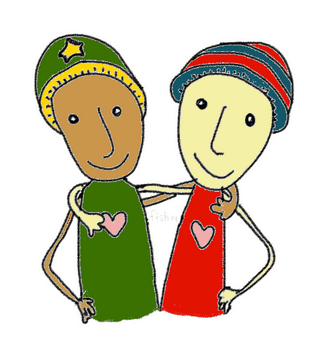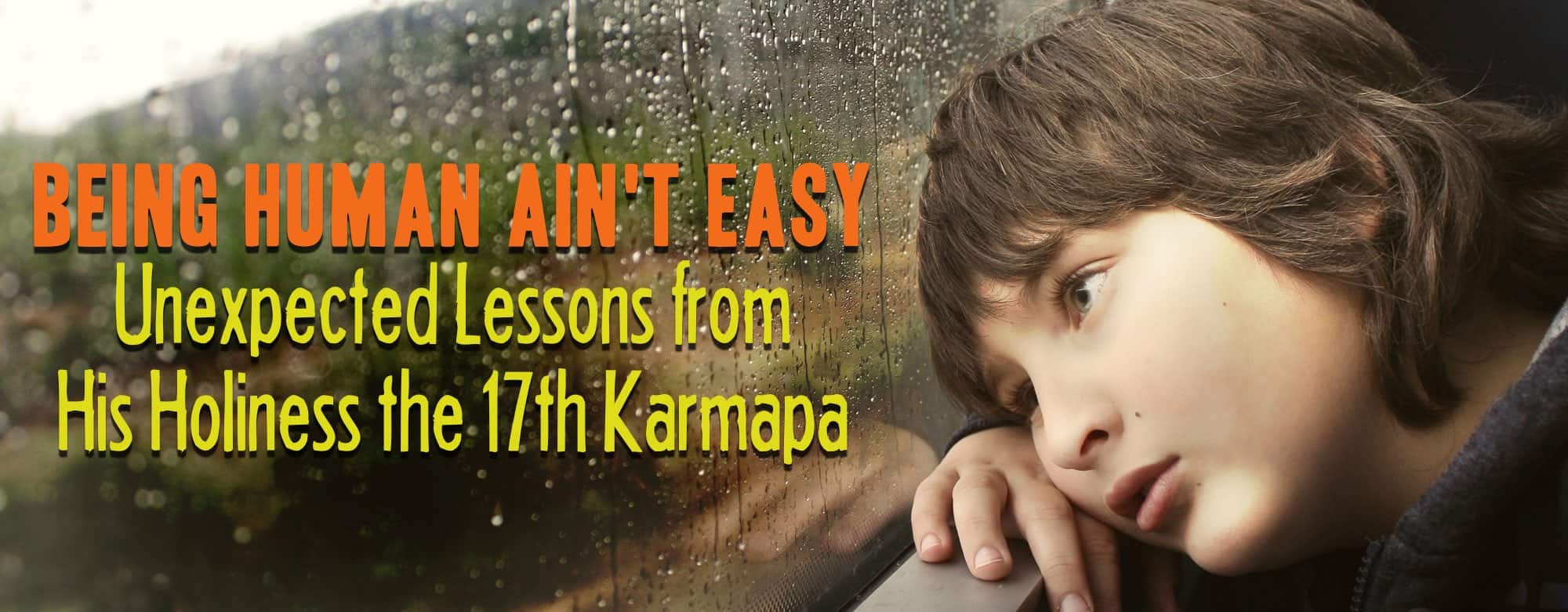We surely can’t complain about the mystery and thrill of being alive. Yet, regardless of one’s walk of life, it just isn’t easy being human.
 Like the tilted spinning of the Earth traveling through the Milky Way, having balance in one moment does not necessarily mean we will have it in the next. Life is messy. We are each challenged by the struggles of maintaining harmony in our relationships, by the incessant demand of finances and making a living, and of nurturing the physical and mental health of ourselves and those we love. We each desire meaning, belonging, and purpose in our lives.
Like the tilted spinning of the Earth traveling through the Milky Way, having balance in one moment does not necessarily mean we will have it in the next. Life is messy. We are each challenged by the struggles of maintaining harmony in our relationships, by the incessant demand of finances and making a living, and of nurturing the physical and mental health of ourselves and those we love. We each desire meaning, belonging, and purpose in our lives.
These challenges in life, in their various forms and magnitudes, are a given. It is how we respond – not react – to life’s challenges that truly matter, transmuting them into all the more reason to love harder and be more compassionate toward others and toward ourselves, knowing we all suffer in one way or another.
Unfortunately, this is far easier to say and know than to do.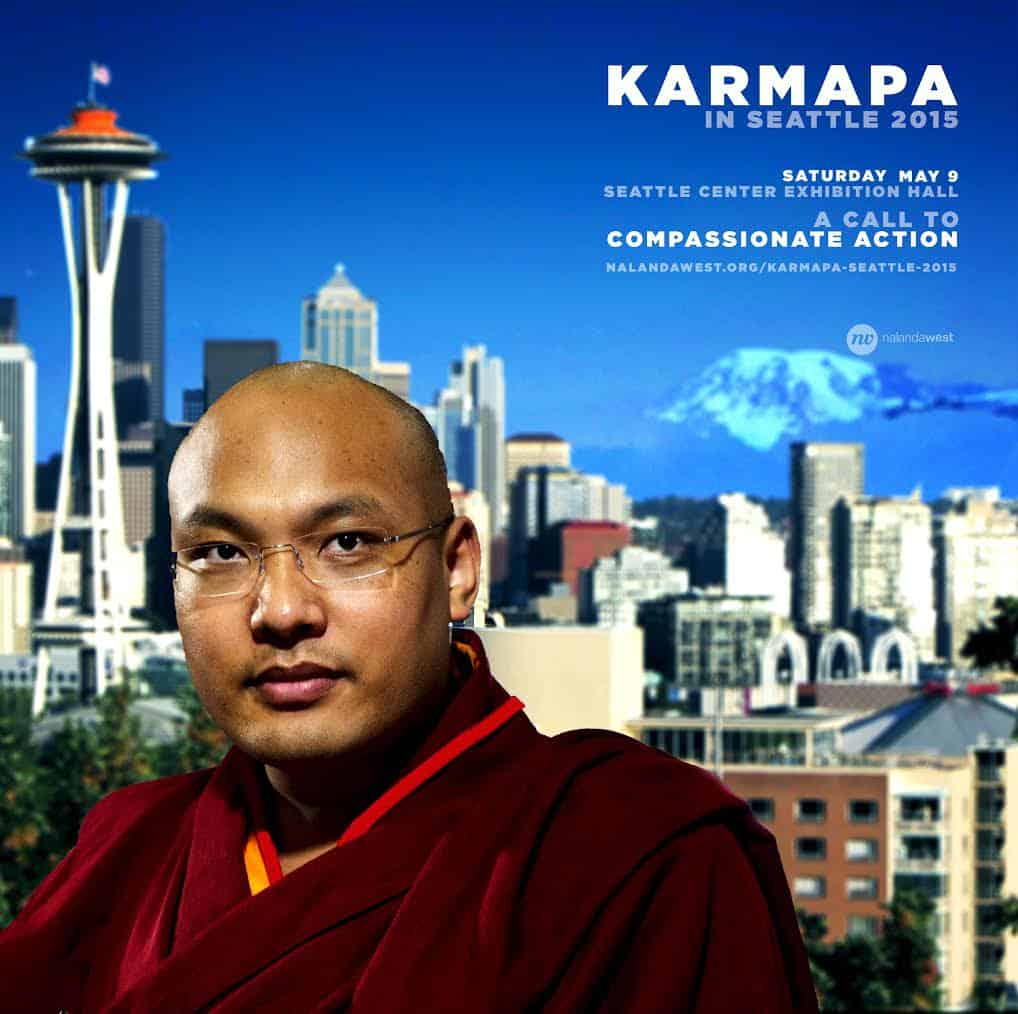
Which is perhaps why thousands of people flocked like weary birds to Seattle Center on May 9th, to receive a drink of the cool, spring water that is the presence and teachings of His Holiness the 17th Karmapa, Ogyen Trinley Dorje. He is, after all, a shining example of compassion and love in a tumultuous world.
What we got, however, was something far different than expected. Something, I believe, that was far better.
First of all, His Holiness had a cold, leaving him visibly and admittedly drained. To top this off, Seattle was the last stop on his journey of events over the course of two months, which was extremely exhausting in itself.
Buddha or not, I thought, the Karmapa is human. This lesson, which had only just begun, was the greatest gift he could have given us. Here was a moment for us to have deep compassion for him. Curiously and unexpectedly, it wasn’t the last.
After forty-five minutes of his teachings about compassion from the Kagyu Buddhist tradition, a young panel of change-makers sat on stage with the Karmapa and asked him, each in turn, some very difficult questions.
One such question was from Jennifer Hotes, a young woman activist from a nonprofit called Love City Love which creates open spaces for artists to create art in community for one another for the sake of joy. She asked him:
“How do we have fun without using it as a way to escape from the suffering in the world, as a way to remind ourselves of the positive things in life?” She paused, almost forgetting to ask him the next part of her question with a sheepish but twinkling smile on her face. “And also, what do you do to have fun?”
The moderator quickly finished translating her question with a smile himself, and the Karmapa’s eyebrows went up in surprise. He put his hand to his chin in deep thought. He was, as clear as day, stumped! The audience laughed with him. To our surprise, here is some of what he said:
“It’s important in life, to not take things so seriously all the time. It’s important to remember to enjoy life to celebrate the good things… I remember when I was a young boy, my family would celebrate Losar, the Lunar New Year of Tibet. I remember that I would get so excited the day before that my siblings and I couldn’t sleep… We still honor Losar, but now I must follow set itineraries, the day is full of ceremony and ritual that I must fulfill. Sometimes I wish I could just lay in bed and sleep through it… As for what I do for fun now, I don’t know. I’ll have to give this more thought.”
As the last words of this were translated, the Karmapa unexpectedly began to speak again, which was translated to us once more:
“I really enjoy music and the arts. When I have time, I like to paint and make music. The arts are very important. That is all I have to say on the matter.”
It was an astonishing revelation, I think, for all of us. Quite simply, the Karmapa didn’t experience much of what it was like to simply play, to have fun.
This appears to be a common issue for everyday people and change-makers alike. We often feel guilty regarding the moments of joy in our lives when we know there is so much suffering in the world. Yet, play is an essential human need that allows us to connect with one another, building authentic relationships that can lead to sustainable action rooted in compassion. When we don’t take time to honor what is good and beautiful in life, we burn out. We lose our sense of wholeness. We actually become less effective at making positive change happen.
It is actually this concern that lead to us being invited to the event with the Karmapa at Seattle Center, to represent the Compassion Games and teach attendees about it. The Compassion Games are a social tool designed to ignite, amplify, and catalyze compassionate action in communities around the world. By infusing the power of playfulness and compassion with the fun of friendly competition, the Games offer a unique way to strive together to serve each other, our own personal well-being, and the Earth.
Games and teach attendees about it. The Compassion Games are a social tool designed to ignite, amplify, and catalyze compassionate action in communities around the world. By infusing the power of playfulness and compassion with the fun of friendly competition, the Games offer a unique way to strive together to serve each other, our own personal well-being, and the Earth.
Experiencing the challenges that nonprofits face with finding financial support to grow and scale, the struggle can sometimes lead us to doubt the importance of play and the idea that you can use play to build the capacity of communities to be more compassionate. As we are currently fundraising to expand the Games to respond to a growing demand, this weighed heavily on our team’s hearts that evening.
Yet, once we began to speak with people about the Games, most people went from curiosity or confusion to an understanding grin on their face. “Team Seattle needs your help!” we would say humorously with feigned exacerbation. “The Mayor of Louisville said they were the most compassionate city in the world and would be so until 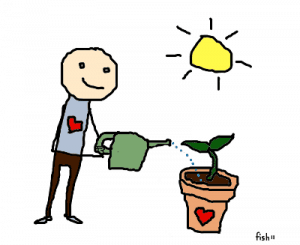 proven otherwise! In fact, he said they were so compassionate they would come here and help us beat them!” At that point, most people usually laughed and wanted to learn more. Obviously, no one can lose the Compassion Games, though they seem to tap into an innate human desire to want to play together, to do the heavy lifting in the world with a lighter heart. By doing so, the Games can help raise the capacity of compassion in our lives and our communities in ways we otherwise wouldn’t feel inspired, or believe were possible, to do.
proven otherwise! In fact, he said they were so compassionate they would come here and help us beat them!” At that point, most people usually laughed and wanted to learn more. Obviously, no one can lose the Compassion Games, though they seem to tap into an innate human desire to want to play together, to do the heavy lifting in the world with a lighter heart. By doing so, the Games can help raise the capacity of compassion in our lives and our communities in ways we otherwise wouldn’t feel inspired, or believe were possible, to do.
This may be why the Compassion Games worked so well in a women’s prison, where for the first time ever there were eleven days of no violence while the Games were played. Or why they are so excitingly received in educational settings, where children can “cooperate to compete” to make their schools safer and warmer places to learn, and to experience compassion first hand.
We were feeling quite relieved about the reception of the Compassion Games at the Karmapa’s event, but then it happened: one of the change-makers of the panel on-stage, a young lady named Rekeda Roundtree from Roots of Empathy, asked another challenging question:
“It seems that competition is at the root of many social ills that we as a society face today. Can you tell us how competition creates barriers between people, how it is a separation that prevents us from connecting compassionately together to collaborate and make change?”
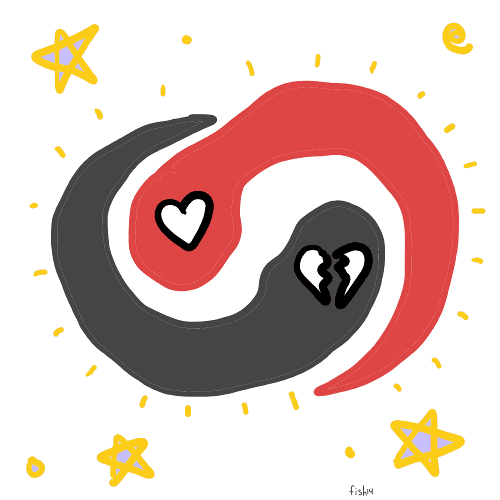 As an organization that aimed to use friendly competition as a kind of “culture hack” to get people excited about making a difference (the latin root for competition – “competere” – means “to strive together”), this question made our hearts skip a beat. Our team looked at each other with playfully worried smiles, holding our breath as we anticipated what would come next. Depending on his answer, we would either proudly stay, or try to make a break for it before mobs of outraged compassion-seekers descended on us.
As an organization that aimed to use friendly competition as a kind of “culture hack” to get people excited about making a difference (the latin root for competition – “competere” – means “to strive together”), this question made our hearts skip a beat. Our team looked at each other with playfully worried smiles, holding our breath as we anticipated what would come next. Depending on his answer, we would either proudly stay, or try to make a break for it before mobs of outraged compassion-seekers descended on us.
The moderator asked if it was okay to inverse the question. He asked, “So, can I ask the Karmapa if 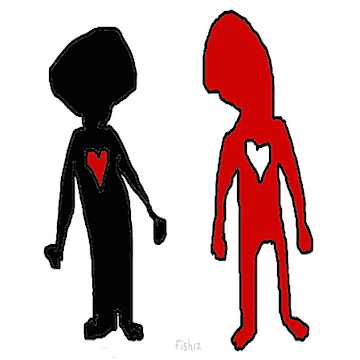 competition can be used in a way that is positive, as a way to make positive social change?” The young woman, once again, reiterated her original question regarding competition’s more negative side, how it enhances social ills rather than alleviates them.
competition can be used in a way that is positive, as a way to make positive social change?” The young woman, once again, reiterated her original question regarding competition’s more negative side, how it enhances social ills rather than alleviates them.
Here is what the Karmapa said:
“Competition is very pervasive in the world today, connected to many of the activities that lead to problems. Even when people are not engaged in competition – competition with distinct victors or those who are defeated – people may bring the energy of competition to their everyday lives, like in an argument and the need to be right at the expense of others. But, I think competition can have a positive aspect to it as well. Competition can be used as a motivator to better oneself, not to beat others but to compete with oneself to become more compassionate. In this way competition can be used to make oneself stand out, but in a positive way.”
All at once, we let our breaths out in a sigh of relief and laughed; there wouldn’t be any compassion mobs coming for us today. As it turns out, even the Karmapa believed that friendly competition could be used as a social force for good.
Once, His Holiness the 14th Dalai Lama said this when asked a similar question:
“Competition used to put others down: not good. Competition used to bring everybody up: that is very good.”
We were grateful that His Holiness the 17th Karmapa shared with us his down-to-earth human side. It allowed us, I believe, to see ourselves in him, not as an idol or state of perfection that we are not, but as a person like the rest of us. It made room for greater compassion toward ourselves in our own hardships, mishaps, and imperfections. Life is full of them, that’s for certain, but it’s easier to know that we are in them together, that even our suffering profoundly connects us all.
As for play and having fun: may we all enjoy the gifts that life has to offer us more often, not as an escape, but as a celebration to rejuvenate our spirits. And may the Compassion Games touch countless more lives by reminding us how to change the world by having fun, by reminding us of the child within us all.
We each desire to see the world become a more kind, safe, and loving place. It is much more rewarding when we do this together.
